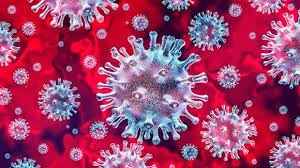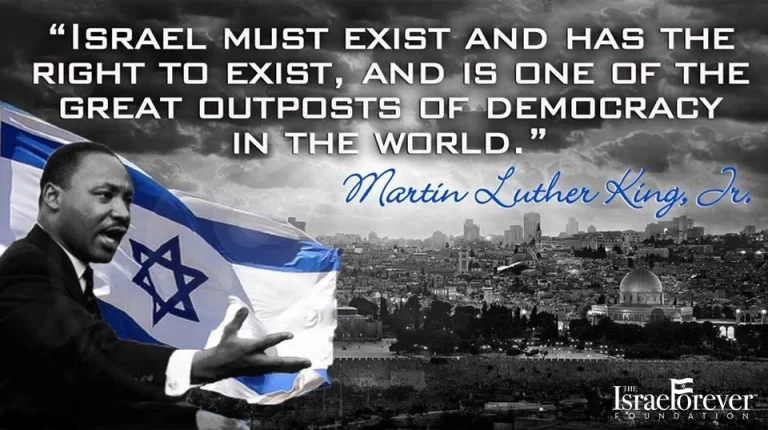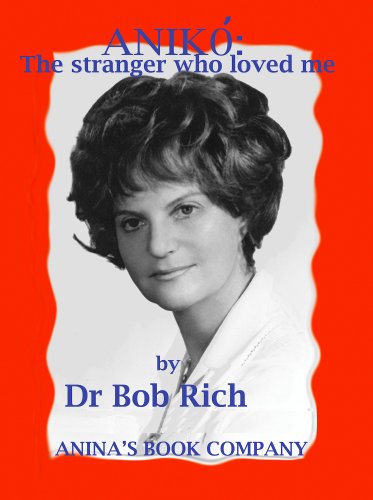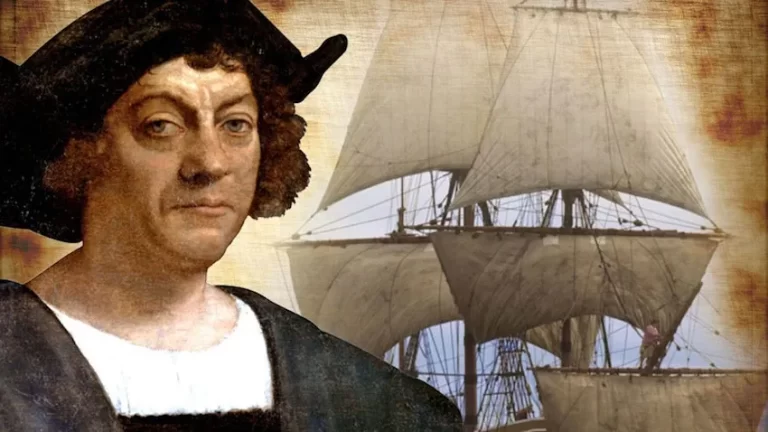In This Together
Many of you may not remember life before September 11, 2001. Before the planes destroyed the Twin Towers in New York and damaged the Pentagon in Washington, D.C., we were actually permitted to escort loved ones to airport gates without long security lines, and could walk into a Federal Building without taking off our belts and shoes.
Due to the Covid-19 virus, there are no longer any lines, anywhere—except maybe at the supermarket; and there we have to stand six feet away from each other to ensure social distancing in an effort to avoid contact with someone carrying the coronavirus. Restaurants, bars, theaters, and sports events are closed. Many workers are out of a job, and those who still have one, are working remotely from home.

In the first stanza of her poem, “And the People Stayed Home,” retired teacher Kitty O’Meara, wrote, “And the people stayed home. And read books, and listened, and rested, and exercised, and made art, and played games, and learned new ways of being, and were still.”
Becoming introspective and interacting more with our loved ones will help us become more grounded. We are spending more time with our families, and once life returns to normal, these relationships will continue improving.
People working at home remotely seem to be enjoying it. Andrea Velasquez, a twenty-something administrative assistant for a filing company in Los Angeles says, “By working remotely, I get to dress comfortably and the environment feels so relaxed.” Velasquez and employees like her will point to their successes during the quarantine and request to complete office assignments at home.
To avoid the crowds and remain isolated, many order their groceries and take-out food on-line. Perhaps this will continue to a lesser degree when the pandemic has run its course.
“And listened more deeply. Some meditated, some prayed, some danced. Some met their shadows. And the people began to think differently.”
Like other periods of national crisis, radical ideas people ordinarily shun are tested, and if they pass the mustard, continue. A great example was the women who staffed factories and stores during World War I and II. These temporary workers handled their jobs efficiently and successfully. Today we couldn’t imagine life without working women like Andrea Velasquez.
During this quarantine children are at home from school taking classes remotely. In two-parent homes dads are filling in when mom is on her computer, working. Many fathers are learning the joy of taking care of their children and won’t want to lose that connectedness once the quarantine is lifted. Perhaps they will pressure their bosses to give them family leave time—something that will benefit children as well as their mothers.

There are other good things that will come out of this pandemic. We are seeing a historic exchange of information amongst researchers and scientists world-wide as they strive for a vaccine to combat Covid-19.
“And the people healed. And, in the absence of people living in ignorant, dangerous, mindless, and heartless ways, the earth began to heal.”
After we have buried those stolen from us by the novel coronavirus, we will question how the outcome of this plague would have been different if the World Health Organization (WHO) had greater powers to assist and instruct affected nations. In a world as interconnected as ours, the logical step would be stronger global governance. Climate change, pandemics, and international criminal organizations don’t respect national boundaries. Our global community needs international institutions like the United Nations and WHO to be granted greater autonomy to insure a safer and brighter future for our children.
If so, our world could exit this crisis better than before the pandemic began. For an example, look back at the dark days of World War II. President Roosevelt and Prime Minister Churchill issued the Atlantic Charter which set out a vision for the post-war international order that eventually bore the United Nations and other international organizations that unite humanity to work together for a common cause for the betterment of all.
The post-World War II era is dying. Nationalism is on the rise and, according to a December 26, 2018 article in The Atlantic, “populist and authoritarian leaders have deepened corruption, eroded individual rights, and inflicted serious damage to democratic institutions.” These include Jair Bolsonaro of Brazil, Donald Trump in the United States, Venezuela’s Nicolas Maduro, and the list goes on. Global structures like the World Bank, the International Monetary Fund, the UN, and WHO are having their funds cut by these nationalist leaders.
This kind of irresponsible leadership is juxtaposed to a very literate world society. According to “Literacy,” by Max Roser and Esteban Ortiz-Ospina, the 7.5 billion humans inhabiting this globe have a literacy rate of 86%. These people are connected to people in other nations unlike any other time in human history thanks to Facebook, Twitter, Instagram, and other apps. These people are working together with an amazing bottom-up energy and connectivity.
Our doctors, nurses, pharmacists, teachers, researchers, and scientists are sacrificing their health in a way our military had in the past. We need to thank them for their service as we do for veterans by guaranteeing them health benefits and corporate discounts. Supermarket workers, sandwich makers, and postal workers are the true patriots who are sacrificing their health and lives for ours. They are re-defining what a true patriot is—one who cultivates the health and life of her community rather than blowing up someone else’s.
Top-down institutions have failed us. This energy the new patriots are showing us will cause changes in the coming years never before seen in human history. People world-wide will demand organizations like WHO to set up global surveillance systems to detect the first sign of a contagion so an international team will be sent at the first sign of an outbreak. If this had been in place today, the coronavirus would have never left Wuhan, China.
The final stanza of “And the People Stayed Home,” O’Meara wrote, “And when the danger passed, and the people joined together again, they grieved their losses, and made new choices, and dreamed new images, and created new ways to live and heal the earth fully, as they had been healed.”
#InThisTogether




Yes, it would really be great if some good comes out of the pandemic.